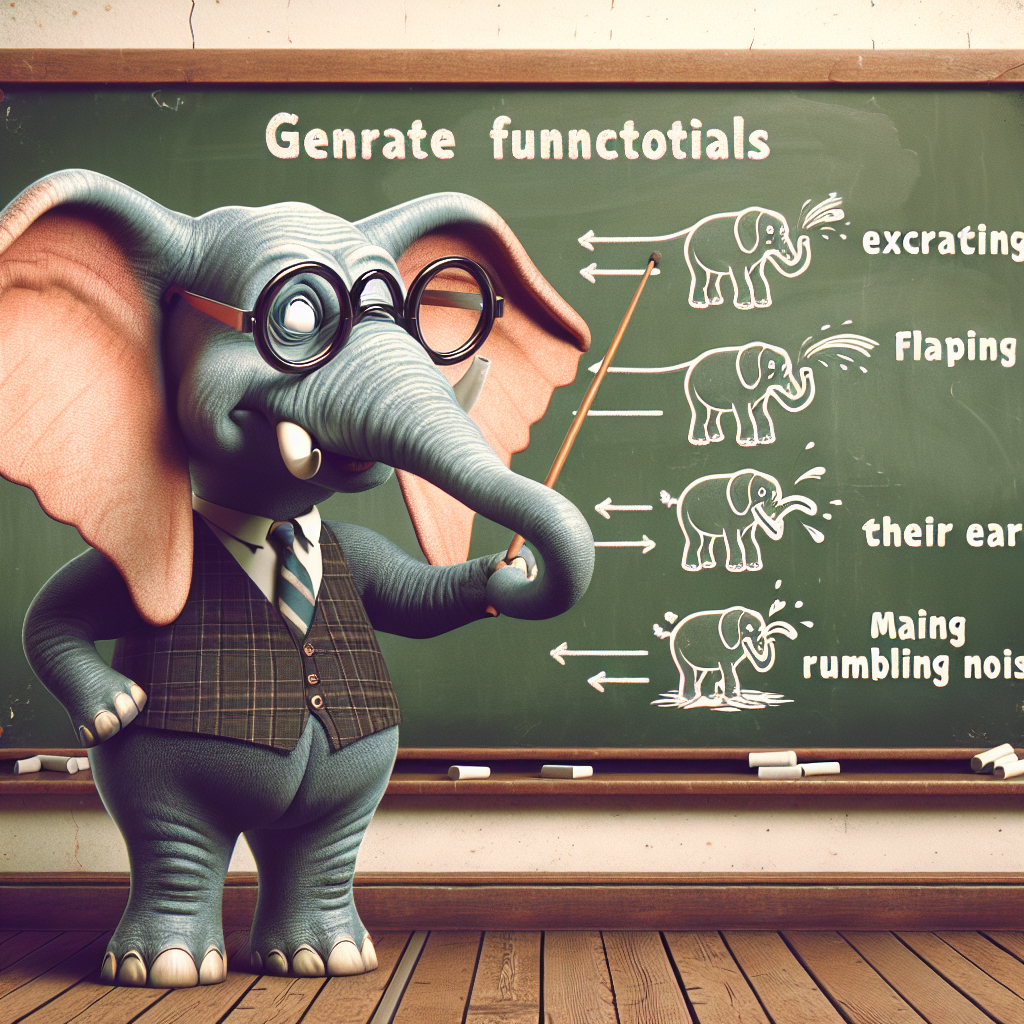
😂 She’s safe from the double name, given that the etymology of her title has nothing to do with medicine. I call them all “medics” these days (much to the disapproval of their egos).
One source (of many): https://www.merriam-webster.com/wordplay/the-history-of-doctor






Not only a brilliant musician, but also Jack Black’s (late father-in-law).